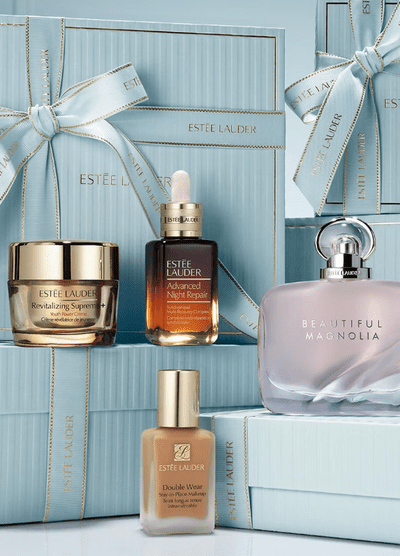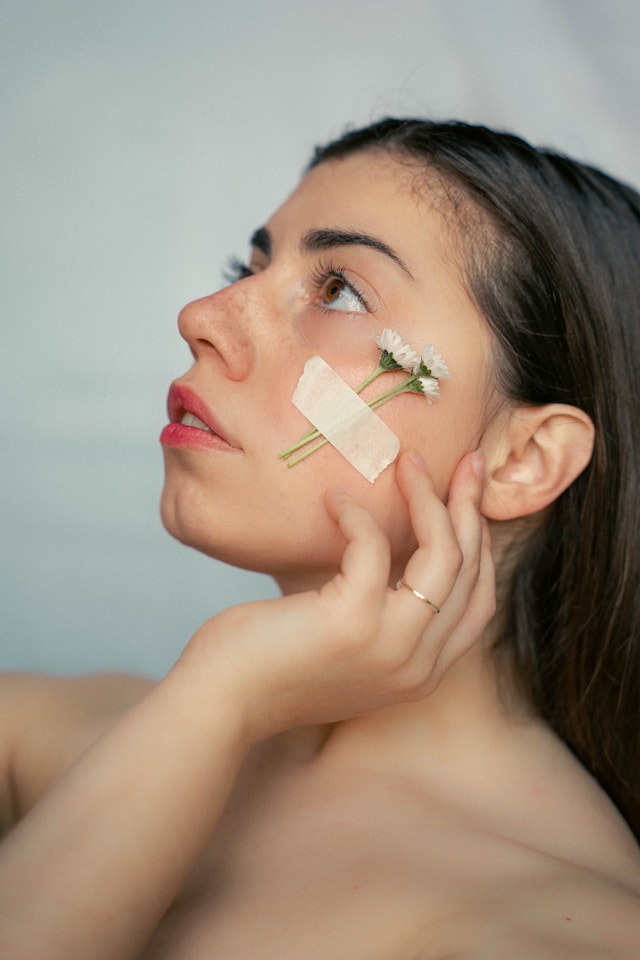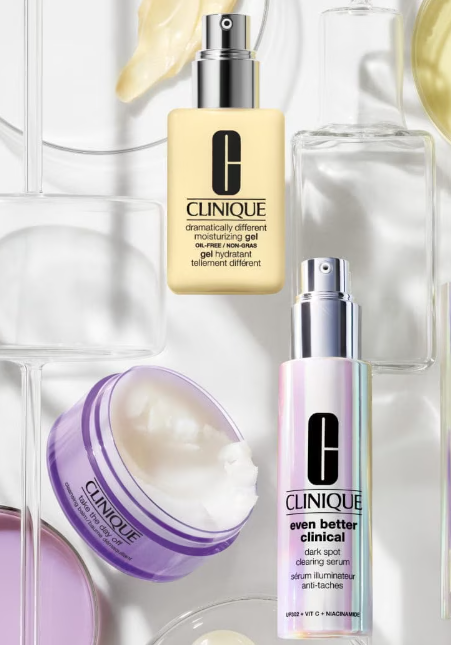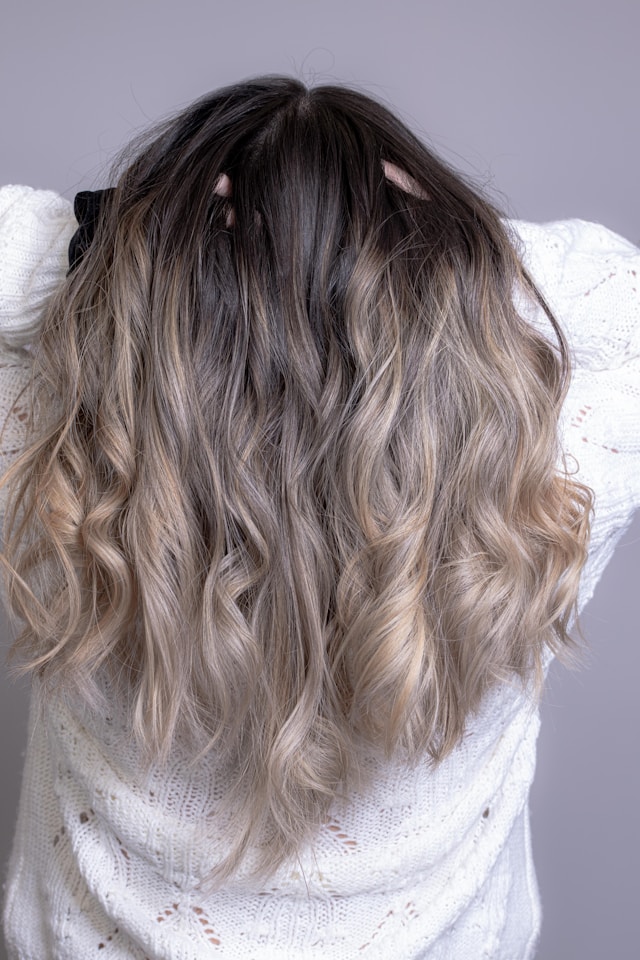Conditioners aid in restoring moisture, smoothing the cuticle, and defending the hair from damage. When cleansing, the shampoo also works to get rid of dirt from the scalp. The conditioner works to remove excess oil that would otherwise leave the hair brittle and weak. Conditioners provide moisture, reinforce the strands, and enhance the appearance of the hair, making it more manageable and resistant to damage.
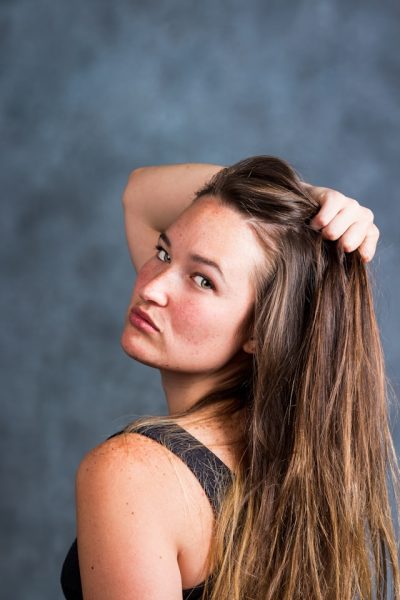
The Science Behind Conditioners
Conditioner is an important hair product that fights against dryness, as well as protects and promotes growth. Shampoo works in cleansing the scalp through the removal of dirt, oil, and residue, but it also removes the natural oils, leaving the scalp dry and rough.
This causes tangles, dryness, frizz, and in some cases breakage. Use protective agents, moisturizing agents as well as proteins that smoothen the cuticles and also condition the hair. Essential ingredients like glycerin capture water, while natural oils guard the hair, and keratin, a strengthening agent, helps make the strands strong.
Most conditioners contain fats or silicones that give a protective shield against friction which enables shine. Conditioners nourish the hair by helping restore the moisture and managing the damage enabling the health of the hair to be improved. Applying the best conditioner daily enables the hair to be softer, shiner, and not easily damaged aiding in styling the hair for the long run.
Key Benefits of Using Conditioner Regularly
Using best conditioner always provides a range of benefits:
Hydration and Moisture Balance
Hair dries out from heat styling and environmental stress. Making it flexible and healthy, the conditioner adds moisture, softening hair. Keeping hair from drying out and becoming brittle, humectants like aloe vera, glycerin, and hyaluronic acid trap moisture. Moisturized hair is less likely to break and look shinier and healthier.
Smooth Hair and Frizz Control
Frizz is made when the cuticle is raised, letting water penetrate. Conditioner smooths out the cuticle, reducing frizz and flyaway. Argan oil and shea butter provide shine, manageability, and ease of styling, letting the hair remain smooth even in humid climates.
Protection from Damage
Conditioners form a barrier that protects hair from heat, sunlight, and atmospheric pollution. Structural strengthening agents such as keratin and amino acids fortify the hair structure and minimize breakage. It is especially helpful for color-treated or heat-treated hair, avoiding damage in the long term.
Easier Detangling and Less Breakage
Knots cause tangling and lead to breakage and split ends. Conditioners make the hair soft, detangle more smoothly, and stop hair loss. Additives like silk proteins and fatty acids provide slip, enabling brushes to pass through without pulling or tugging.
Enhances Shine and Softness
Making hair shine and reflect light, conditioners close the cuticle. Vitamins like vitamin E and silk proteins provide hair shine, making hair silky and soft. Conditioning daily stops dullness, making hair bright and healthy.
Strengthens Hair and Reduces Hair Fall
Thin hair is fragile. Protein, biotin, and vitamin conditioners toughen strands, causing them to become more flexible and less prone to falling out. This is helpful for thinning, brittle, or damaged hair that needs added fortification.
Improves Overall Hair Health and Growth
A healthy scalp and conditioned hair maintain healthy growth. Ingredients like caffeine and peppermint oil increase circulation, leading to healthier, thicker hair. Conditioning regularly avoids dryness and scalp irritation, guaranteeing long-term hair health.
Different Types of Conditioners and Their Benefits
Not all conditioners are created equal. The one you select will depend on your hair type, requirements, and what ails it.
Moisturizing Conditioners – Best for Dry and Frizzy Hair
Moisturizing conditioners condition and soften brittle, frizzy, or dry locks, rejuvenating their softness and luster. Active ingredients such as shea butter, coconut oil, and glycerin trap moisture, while aloe vera and hyaluronic acid hydrate. Suitable for curly, wavy, or thick hair, they calm the cuticle, smoothen frizz, and make hair manageable. Daily use prevents breakage and split ends, leaving hair healthy and well-nourished. They also balance moisture, leaving hair soft and tactile.
Protein Conditioners – Best for Weak or Damaged Hair
By depositing lost protein back into strands, protein conditioners restore damaged, chemically treated, or broken hair. Keratin, collagen, and amino acids rebuild the hair’s shape, increasing the elasticity and preventing breakage. Best for utilization on bleached, color-damaged, or fine hair, they seal out additional damage, fortify strands, provide elasticity, shine, and softness, and maintain hair strong and healthy. These conditioners seal split ends, as well, as sealing out hair degradation. They even revive dull and brittle hair back to its former bouncy texture and flexibility because they are left on the hair.
Volumizing Conditioners – Best for Thin or Limp Hair
Volumizing conditioners add body and fullness to thin, flat hair without weighing it down. While caffeine extracts stimulate follicles for better growth, biotin, rice protein, and panthenol strengthen strands. They maintain a lightweight, bouncy feel, ensuring hair looks thicker, healthier, and naturally voluminous perfect for fine or oily hair. These conditioners also assist lift the roots, giving hair a fuller look. Whenever used alone, these products work best with lightweight styling products as they do not help in building up the products that could weigh the hair down.
Leave-In Conditioners – Best for Long-Lasting Hydration
Leave-in conditioners provide hydration, control for frizzy hair, and protection. They nourish and soften hair with argan oil, avocado oil, and vitamin E. Silicones and polymers defend against UV rays and heat damage. These perfect hair conditioners also improve the shine and manageability while helping to retain moisture in the hair so that dryness and tangles are avoided. They are best for daily styling ensuring smooth and non-frizzy hair throughout the entire day. Additionally, they defend the hair from environmental elements such as humidity and pollution, keeping the hair looking fresh and vibrant.
Deep Conditioner – Best for Severely Damaged Hair
Deep conditioners, or hair masks, can provide intensive repair for dry, brittle, or chemically damaged hair. Macadamia oil, argan oil, and keratin help soften hair by restoring moisture and strength while deeply penetrating the strands. Ceramides and fatty acids rebuild the protective barrier to the hair. They can enhance the elasticity, shine, and overall health of the hair, especially over-processed hair. It is expected that these treatments are used weekly to help bring back a flexible and softer texture to stressed hair. Additionally, they help reverse the effects of heat styling, making the hair look and feel silk and smooth.
How to Use Conditioner for Maximum Benefits
Using conditioner, the right way ensures maximum absorption, keeping your hair moisturized, strong, and healthy. Follow these steps to get the best results from your conditioner.
Step 1: Shampoo First
Before applying conditioner, wash your hair with a gentle, sulfate-free shampoo to remove dirt, excess oil, and product buildup. Shampoo cleanses the scalp and hair strands, allowing the conditioner to penetrate deeply. Avoid over-shampooing, as it can strip natural oils, leaving hair dry, brittle, and prone to damage.
Step 2: Apply Conditioner to Damp Hair
Gently squeeze out any extra water from your hair after shampooing. Applying conditioner to soaking wet hair dilutes the product, reducing its effectiveness. Focus on applying conditioner from the mid-lengths to the ends, where moisture is most needed. Avoid the scalp, as applying conditioner there can cause excess oil buildup, making hair look greasy.
Step 3: Leave It On for a Few Minutes
For best results, leave the conditioner on your hair for at least 2–5 minutes. This allows the ingredients to hydrate, strengthen, and repair the hair shaft. Great for bleached, colored, or fine hair, these products protect, strengthen, and improve hair health and strength.
Step 4: Rinse with Cool Water
Rinsing your hair with cool or lukewarm water helps seal the hair cuticle, locking in moisture and enhancing shine. Hot water can strip moisture and leave hair feeling rough and dry. A final cool rinse also reduces frizz, enhances smoothness, and prevents breakage. Rinse well to prevent the accumulation of residue.
Step 5: Use a Leave-In Conditioner
After towel-drying your hair, apply a leave-in conditioner for added hydration, frizz control, and heat protection. This step is especially beneficial for curly, dry, or color-treated hair, helping maintain softness and prevent breakage throughout the day. Leave-in conditioners also protect against UV rays, pollution, and styling damage.
Common Conditioner Mistakes to Avoid
Even the best conditioner won’t work if you’re making these common mistakes:
Applying Too Much Product: Overloading your hair with conditioner can lead to buildup, weighing hair down and making it greasy. Always use the right amount based on your hair length and type.
Putting Conditioner on the Scalp: Conditioner should be applied from mid-length to ends, not on the scalp. Applying it to the roots can cause oily buildup, flatness, and clogged hair follicles.
Not Rinsing Thoroughly: Leaving excess conditioner in your hair can make it feel sticky, heavy, and limp. Make sure to rinse until the water runs clear to avoid residue buildup.
Skipping Conditioner Altogether: Some people avoid conditioners because they think it makes hair greasy. However, skipping conditioner can lead to dryness, frizz, split ends, and breakage, making hair harder to manage.
Using the Wrong Type of Conditioner: Not all conditioners work for every hair type. Choose one that matches your hair’s texture, needs, and concerns—whether it’s moisturizing, protein-rich, volumizing, or lightweight.
By using conditioner correctly and consistently, you can achieve healthy, strong, and beautifully nourished hair that looks and feels amazing.
Conclusion
Conditioners are more than just an extra step in hair care—they’re essential for maintaining healthy, hydrated, and manageable hair. By choosing the right type and applying it correctly, you can prevent damage, control frizz, and enhance shine. Whether you need intense hydration, protein repair, or lightweight volume, the right conditioner makes all the difference. Prioritizing conditioning in your routine ensures stronger, shinier, and healthier hair in the long run.
